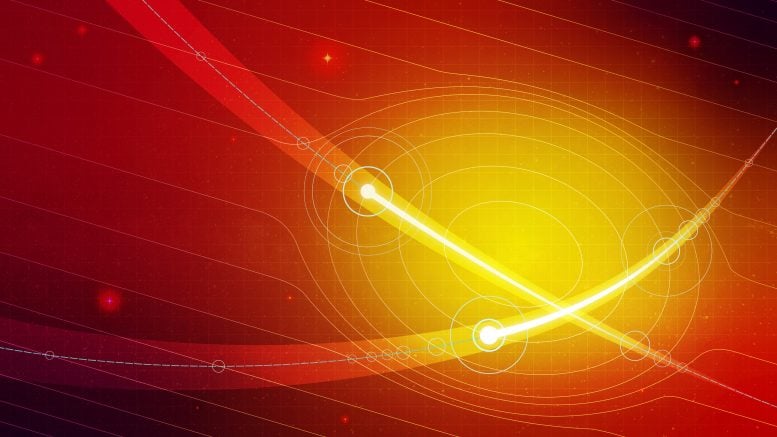
Researchers at the Princeton Plasma Physics Laboratory have developed a machine learning program to detect plasmoids in outer space, which could significantly improve our understanding of magnetic reconnection—a phenomenon that affects satellites and the power grid. By analyzing data from spacecraft in the magnetosphere with a program trained on simulated data, the team aims to advance our knowledge of how plasmoids influence reconnection processes. Credit: Kyle Palmer / PPPL Communications Department
Scientists at
Scientists believe that machine learning could improve plasmoid-finding capability, aid the basic understanding of magnetic reconnection, and allow researchers to better prepare for the aftermath of reconnection-caused disturbances.
“As far as we know, this is the first time that anyone has used SciTechDaily